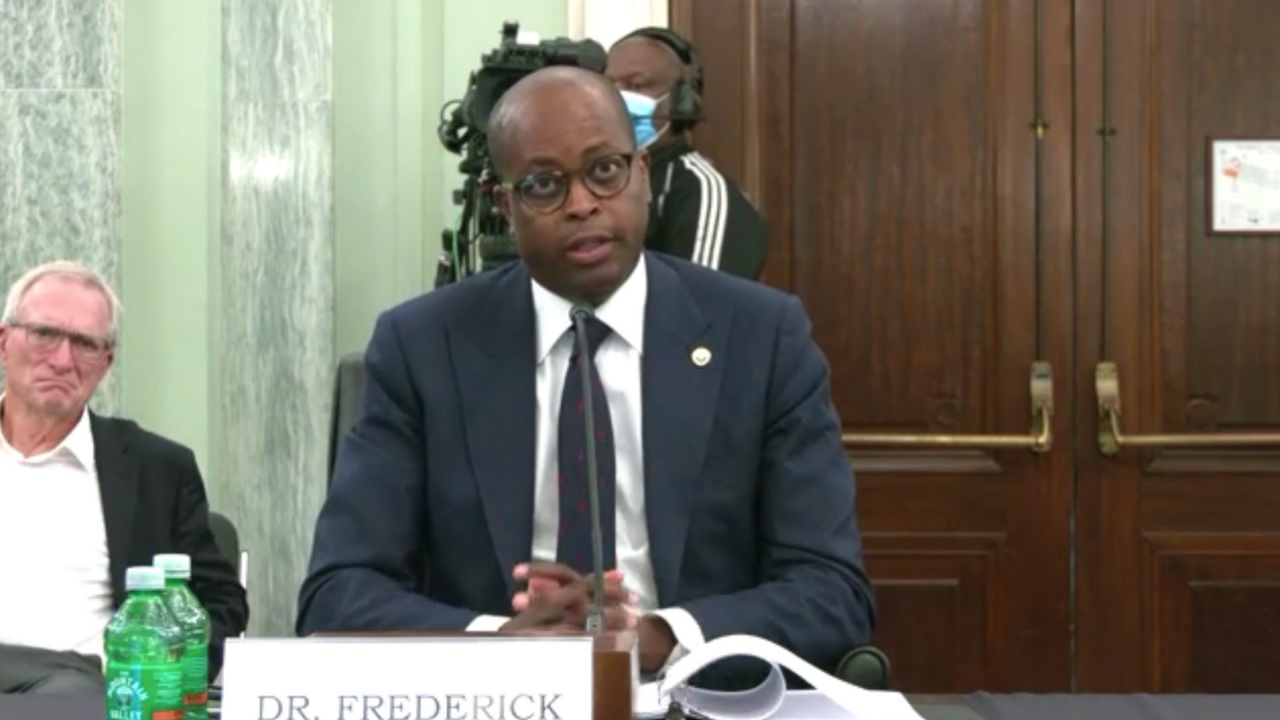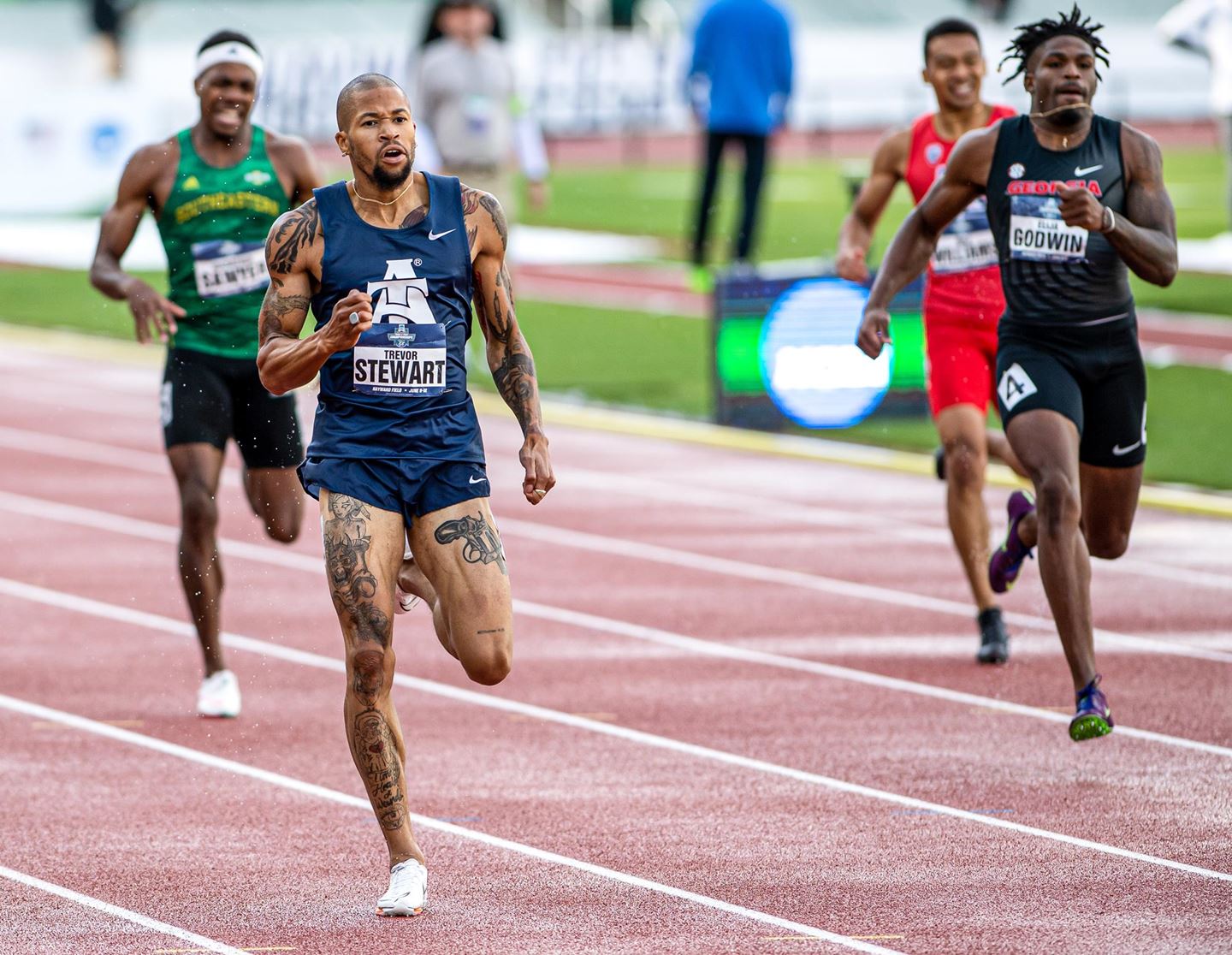Howard University President Wayne Frederick supports college athletes receiving some form of compensation from endorsement and advertisement deals as part of legislation that would approve of name, image and likeness rights.
But that is made complicated because Howard — like all HBCUs — isn’t necessarily in a financial position to abide by the changing policies within college athletics.
During a Wednesday hearing before members of the Senate Commerce Committee, Frederick expressed some trepidation that requiring all schools to supplement long-term healthcare for athletes or offer lifetime scholarships under an expanded NIL proposal pushed by Democrat lawmakers could leave schools desolate or result in non-revenue sports being lost.
“As a representative of the MEAC and HBCUs, I have tremendous concerns about many of the proposals that would create tremendous burdens on smaller colleges and universities, particularly those historically Black institutions that do not have the same resources as some of our wealthier and more privileged peers,” he said. “It is important to recognize that, out of 1,100 college athletic programs in the NCAA, only 25 programs (2.27 percent) are profitable.”
Frederick suggested that schools receive funding either from the NCAA or the federal government to alleviate what would be a heavy burden.
“If college sports were professionalized, this would mitigate the ability for students to walk on and play on teams,” he said. “It would also cause undue harm on the ability of smaller universities to recruit top athletes to come to their schools, further restricting equality across NCAA divisions and schools, which would undermine the level of competitive play in college athletics.”
NCAA President Mark Emmert, who also testified Wednesday, said that he recommends the approval of NIL rights by at least July 1.
Also read: HBCU Athletes Express Interest In Being Paid
The plan, which has been under consideration by the NCAA for months, would let college athletes make money through advertisements via their personal social media platforms.
New laws permitting NCAA athletes to profit off their name, image, and likeness will take effect in Alabama, Arizona, Florida, Georgia, Mississippi, and New Mexico in July.
Frederick, however, speaking on behalf of small schools, said any NIL discussion must consider that individual states already apply them differently, which could create possible competitive gaps and legal challenges.
“We cannot have legislation that privileges the already privileged institutions
while placing further burdens on colleges and universities that are already struggling to bear our heavy loads,” he said. “In addition, we have to consider the additional expenses that will arise for institutions as we seek to comply with these new federal or NCAA rules and regulations.”
Emmert, asked by Sen. Maria Cantwell, D-Wash., how the NCAA could help low-resourced schools facilitate medical care and lifetime scholarships, said it’s possible for schools that have a desire to do so. But those operating at Division II and Division III levels would have to overcome inherent hurdles.
Emmert also candidly acknowledged schools in states that currently or will allows NIL will have “an enormous advantage in the transfer portal.”
Comprehensive national laws, said Frederick, “would level the playing field as states compete with each other in recruiting top athletes” and ensure greater parity across the NCAA.
“While increasing student-athlete rights would certainly benefit many of our students, we must consider expanding their rights without sacrificing the needs of other student-athletes and the institutions that work so hard to support them,” he said.








